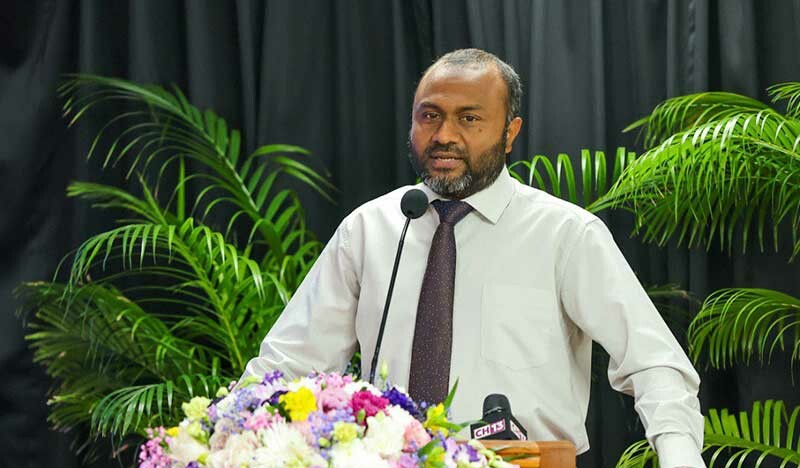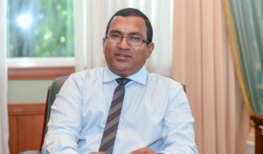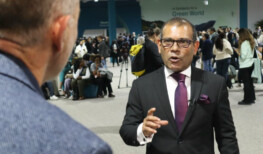Gov’t Allocates USD 100,000 for Palestinian Food Aid, Says Islamic Minister

Islamic Minister Dr. Mohamed Shaheem Ali Saeed has announced the allocation of USD 100,000 from the Maldives Zakat Fund to provide food aid for Palestinians in Gaza, ahead of the distribution of Zakat al-Fitr within the Maldives.
Dr. Shaheem, in a statement issued to media outlets on Tuesday, outlined the plan to channel humanitarian assistance to Palestinians in Gaza through the Qatar Red Crescent. He explained that the allocated funds, earmarked as aid for Palestinians under the first phase, will be disbursed in two instalments to support the purchase of food supplies for the besieged region.
Highlighting the significance of this initiative, Dr. Shaheem underscored that it represents the first instance of utilising Zakat Fund resources to aid a foreign population.
The decision to provide food aid to Palestinians in Gaza was announced last week, demonstrating the Maldives’ commitment to international humanitarian efforts.
In addition to the aid for Gaza, Minister Shaheem outlined the ongoing efforts to distribute Zakat al-Fitr within the Maldives. He stated that disbursements of MVR 8,000 per recipient, designated for low-income individuals in Male’ City, have commenced. The funds will be directly transferred to the beneficiaries’ accounts.
Furthermore, Dr. Shaheem elaborated on the traditional practice of distributing Zakat collected from each island within the respective community. In cases where no low-income individuals are registered on an island, the funds will be allocated for distribution in the nearest island with eligible recipients.
The Minister highlighted an increase in the collection of Zakat al-Fitr this year, reflecting a heightened sense of community support and solidarity.
In addition to the general distribution, Dr. Shaheem mentioned specific beneficiaries, including children in Kudakudhinge Hiyaa and individuals residing in the Home for People with Special Needs. He also noted provisions for the wives and children of incarcerated individuals, demonstrating the inclusivity and compassion of the Zakat distribution system.







